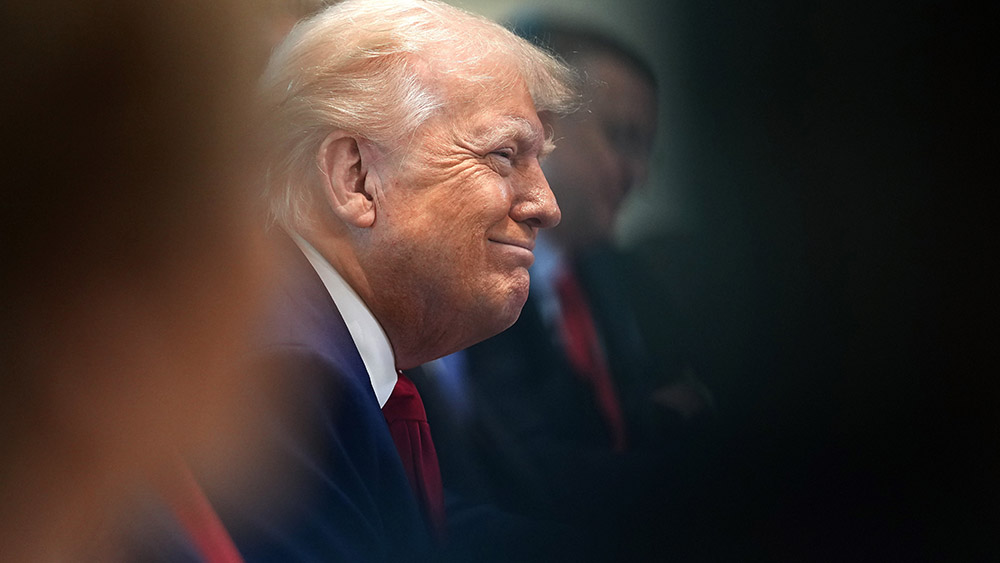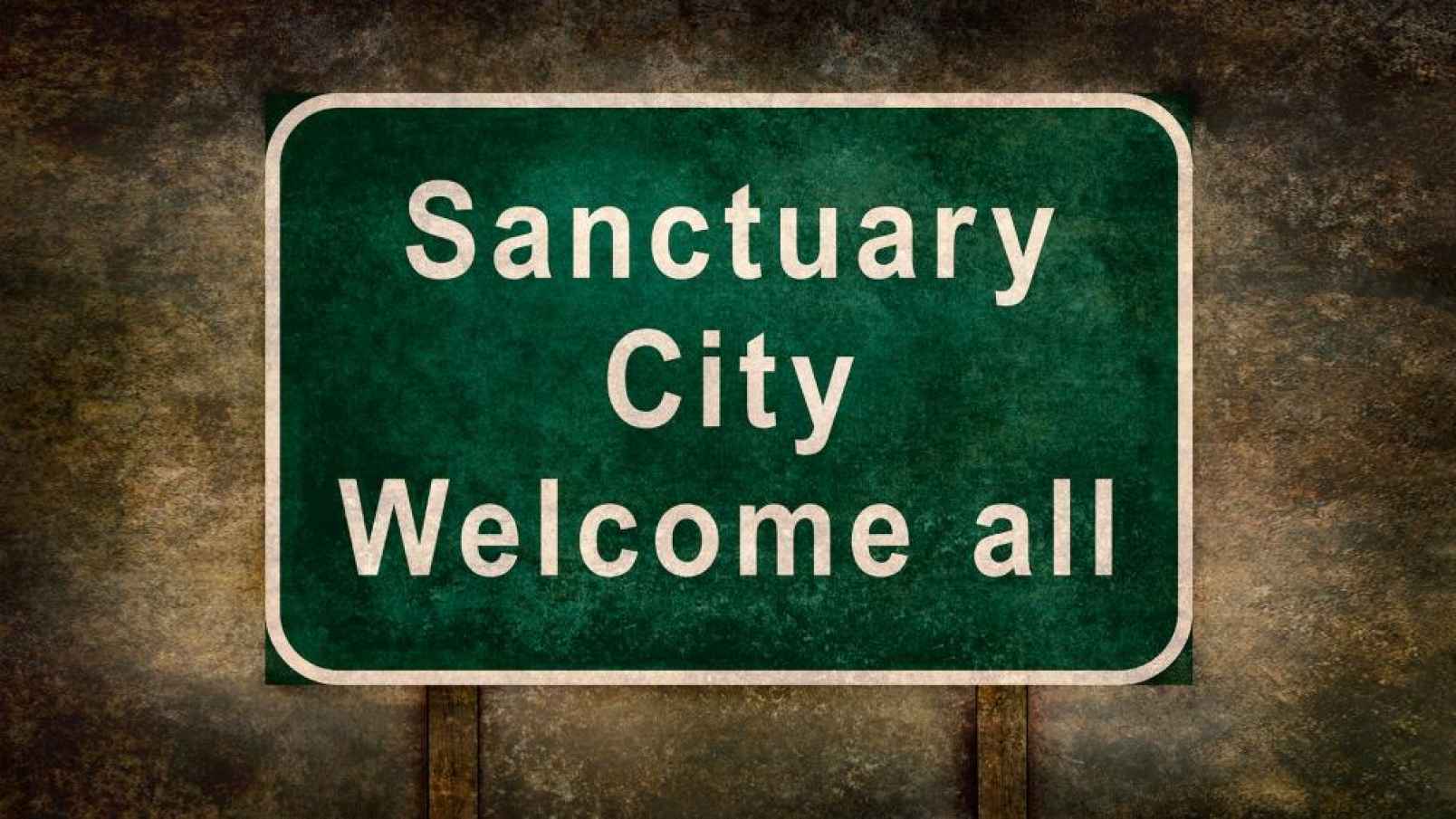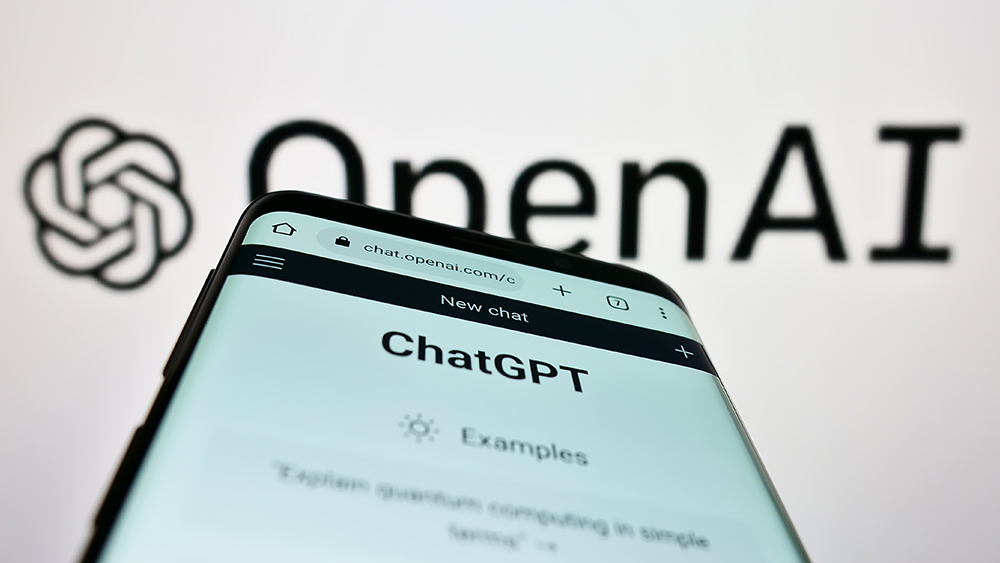 Parler
Parler Gab
Gab
- The bill extends Trump-era tax cuts, eliminates taxes on tips and overtime, and introduces deductions for American-made vehicle purchases.
- It slashes social safety net programs like Medicaid and food stamps while imposing stricter work requirements.
- Border security funding surges, including $46.5 billion for Trump’s wall and mass deportations.
- New "Trump Savings Accounts" offer $1,000 for newborns, incentivizing family growth.
- Critics warn of skyrocketing deficits, while supporters claim it will spur investment and curb government waste.
A tax revolution — or a fiscal time bomb?
Trump’s bill delivers on core campaign promises: tax relief for the middle class, deregulation for businesses, and a hardline stance on immigration. The legislation makes permanent the 2017 Tax Cuts and Jobs Act provisions, which were set to expire next year—a move that would have automatically raised taxes for millions. Now, workers can keep more of their paychecks, with overtime and tips entirely tax-free—a direct appeal to service industry employees, a key Trump demographic. But the bill’s critics, including Republican dissenters like Reps. Warren Davidson and Thomas Massie, argue it ignores the looming deficit crisis. The Congressional Budget Office (CBO) estimates the tax provisions alone will cost $3.8 trillion over a decade, with no clear plan to offset the losses beyond cuts to social programs. Democrats, meanwhile, accuse Republicans of sacrificing healthcare and food assistance for the poor to fund tax breaks for corporations and the wealthy. Republicans point to lower tax rates for all tax brackets, ensuring that all tax-paying Americans get a tax break.Border wars and economic battles
The bill’s immigration measures are among its most contentious elements. Beyond wall funding, it imposes a $1,000 fee on asylum seekers — a first in U.S. history — and allocates billions to expand detention centers and deportation forces. Trump’s allies argue this will deter illegal immigration, but human rights groups compare the policies to those of authoritarian regimes like Iran. Economically, the bill takes aim at Biden-era green energy subsidies, rolling back tax credits for electric vehicles and solar power while boosting fossil fuel development. For families, the expanded child tax credit ($2,500 per child) and new "Trump Savings Accounts" offer $1,000 for newborns, incentivizing family growth. These programs offer short-term relief, but skeptics question whether these measures will offset rising costs from inflation and reduced social services.Tax Policy Extensions
- 100% immediate expensing: Reinstates full first-year expensing for business investments, up from the scheduled 40% in 2025 and 20% in 2026.
- R&D incentives: Restores immediate expensing for U.S.-based research and development, reversing the current five-year amortization requirement. R&D investment grew 18% following the 2017 tax cuts.
- Interest expense deduction: Renews the deduction, aiding medium-sized manufacturers that rely on borrowing rather than equity markets.
- Permanent small business deduction: Raises and locks in the 23% deduction for 30 million small businesses.
- International tax reforms: Makes permanent policies like GILTI, BEAT, and FDII, which previously brought $2.5 trillion back to the U.S., incentivized domestic intellectual property, and discouraged corporate inversions.
Incentives for U.S. manufacturing & small businesses
- New factory incentives: Expands tax benefits for manufacturing facilities built in the U.S., projected to create nearly 300,000 jobs and raise wages by 1%.
- Small business expensing doubled: Increases Section 179 expensing to $2.5 million, helping small firms invest in growth and hiring.
- Lower effective tax rate for domestic producers: Adjusts thresholds to benefit small and mid-sized manufacturers.
- Opportunity zone renewal: Extends the program with rural community enhancements, expected to spur $100 billion in additional investment over 10 years.
- Reduced reporting burdens: Repeals the ARPA 1099-K rule affecting gig workers and raises the 1099-MISC threshold to $2,000 to cut paperwork.
Tax bill boosts working families, cuts taxes for millions
The newly passed legislation makes the 2017 Trump tax cuts permanent, shielding the average taxpayer from a 22% tax increase. It also prevents a 1,700 tax hike for the typical American family — equivalent to nine weeks of groceries — while delivering an additional 1,300 in tax cuts. Key benefits include:- Higher wages: Up to $11,600 more per worker.
- Increased take-home pay: Up to $13,300 for a family with two children.
- Expanded tax relief: No taxes on tips, overtime pay, or car loan interest, along with additional savings for seniors.
- Overtime workers could save up to $1,750.
- Tipped workers could save $1,700.
- Seniors could save up to $450.
- Locks in the doubled Child Tax Credit for more than 40 million families.
- Preserves the doubled standard deduction for 91% of taxpayers.
- Expands 529 education savings accounts, allowing families to use funds for K-12 materials or trade school credentials.
- Supports working parents by expanding child care access and making the paid leave tax credit permanent.
- Enhances health care flexibility by expanding health savings accounts and cementing policies for more coverage options.
- Creates new savings accounts to help build financial security for children from birth.
The hidden risks: Debt, dependency, and dissent
While Trump frames the bill as a financial lifeline, economists warn of long-term consequences. The U.S. national debt, already at record levels, could explode further, risking a dollar collapse and forcing reliance on central bank interventions. The Federal Reserve’s "magic money machines," as Elon Musk once quipped, may keep printing currency to cover the shortfall — but history shows such policies inevitably lead to hyperinflation. Meanwhile, the bill’s work requirements for Medicaid and food stamps could strip benefits from millions, exacerbating poverty just as the artificial economy — fueled by decades of government spending — collapses. As retailers and restaurants shutter, job losses mount, and protests simmer, Trump’s gamble rests on whether tax cuts and UBI-style benefits can placate a restless populace. Sources include: Zerohedge.com PBS.org USAToday.comUkraine defaults on $665 million debt payment as war spending leaves creditors unpaid
By Cassie B. // Share
Provoking Armageddon: How western elites seek nuclear war to mask imminent financial collapse
By Finn Heartley // Share
Nearly 300 illegals with criminal histories ARRESTED in San Antonio sweep
By Ava Grace // Share
Trump threatens 25% tariff on iPhones unless Apple moves production to U.S.
By Laura Harris // Share
Trump Media expands Truth+ streaming service to major TV platforms
By Laura Harris // Share
Sacrilege and statecraft: How Christian Zionism distorts scripture to serve empire
By newseditors // Share
Idaho shooting could be Mossad false flag ahead of new Israeli war with Iran
By finnheartley // Share
RFK Jr. pushes wearable tech mandate: Empowerment or digital enslavement?
By finnheartley // Share
Iran's nuclear ambitions persist despite strikes, IAEA warns
By bellecarter // Share
Iran bans IAEA inspectors, shuts down surveillance in nuclear standoff with West
By isabelle // Share










